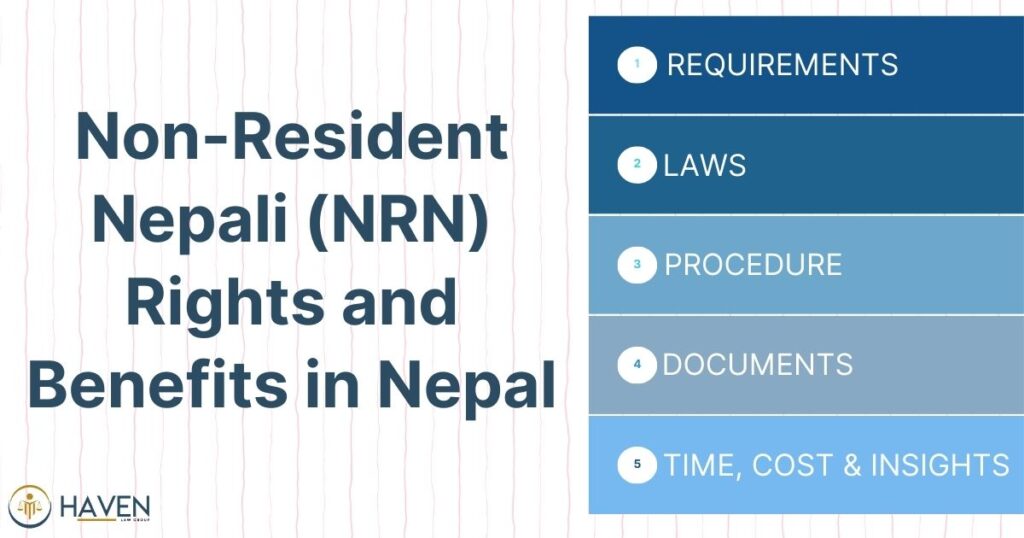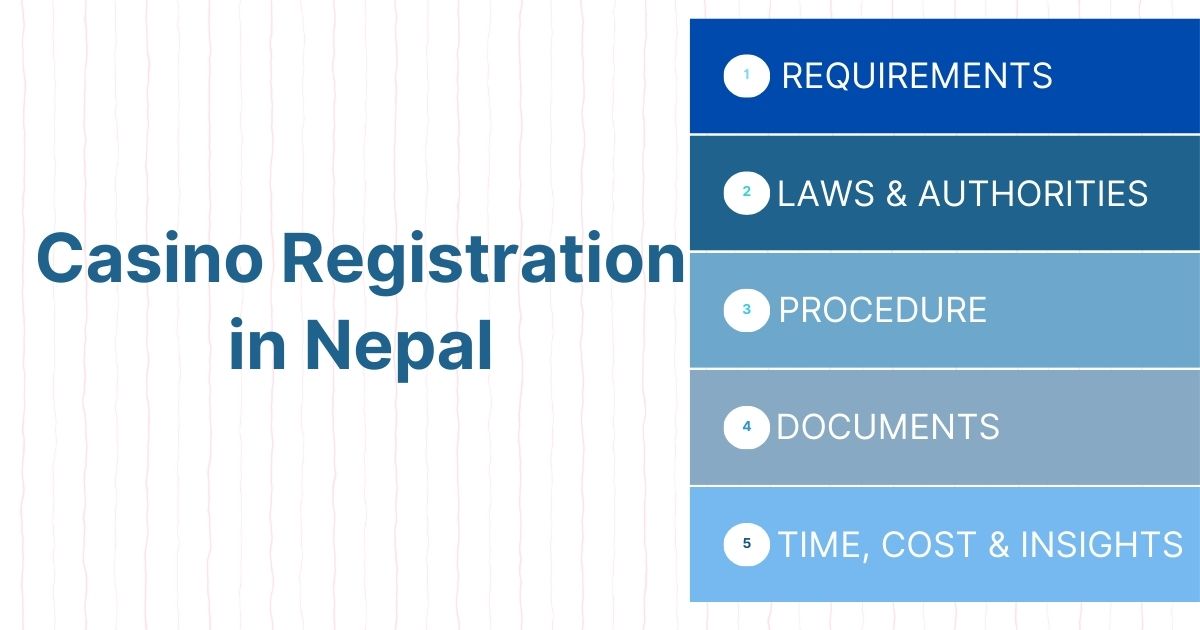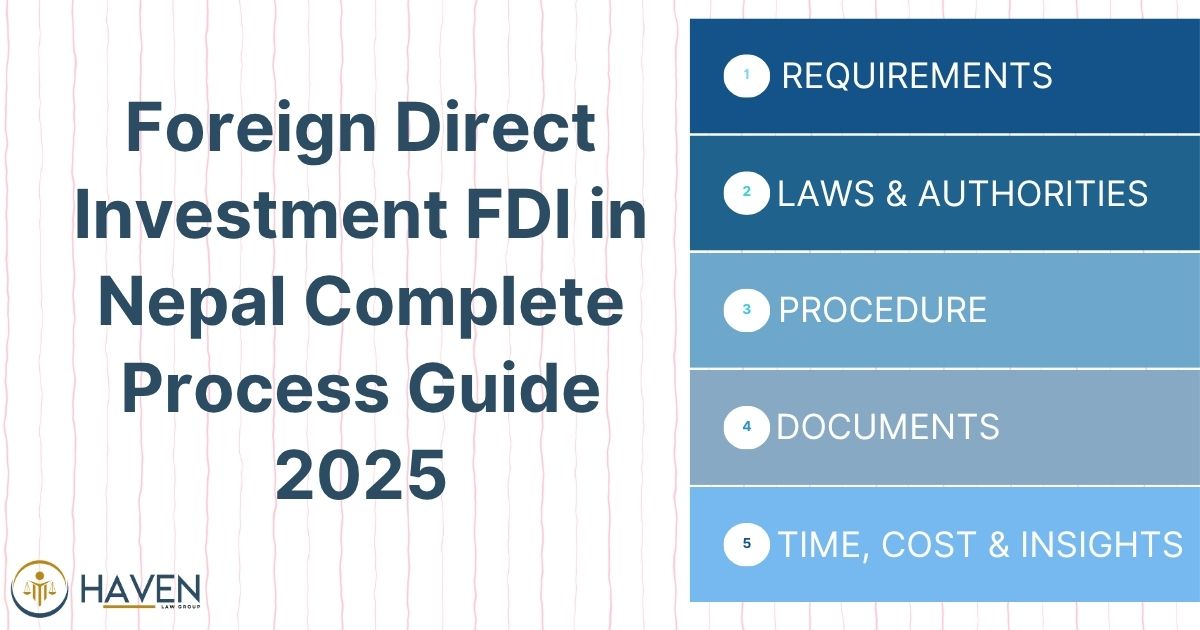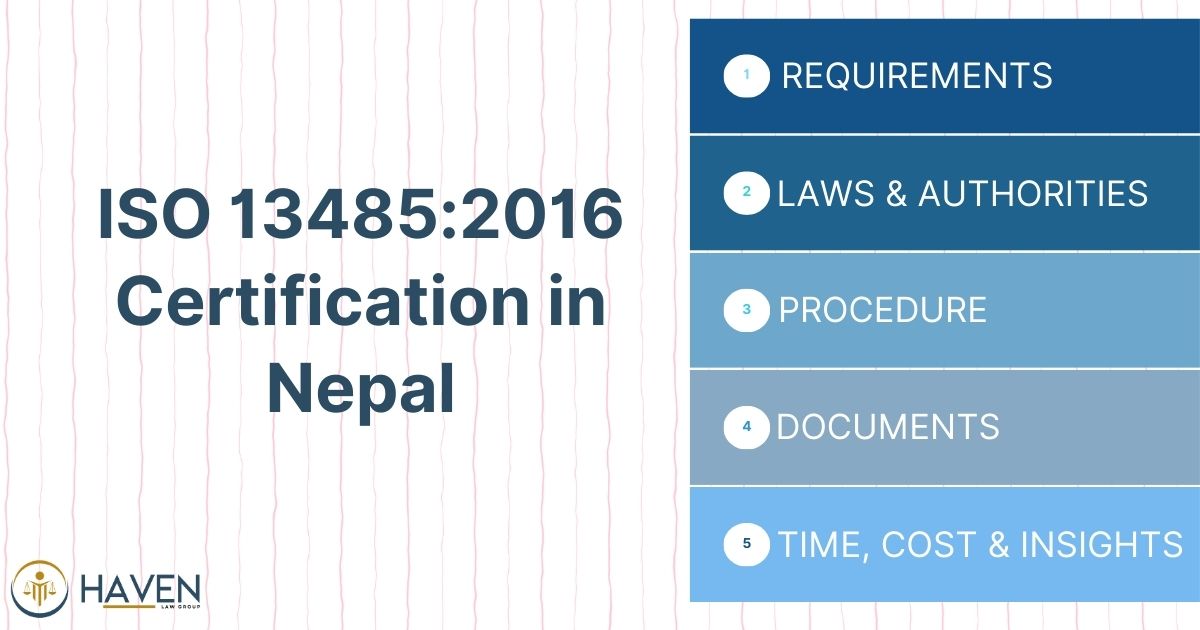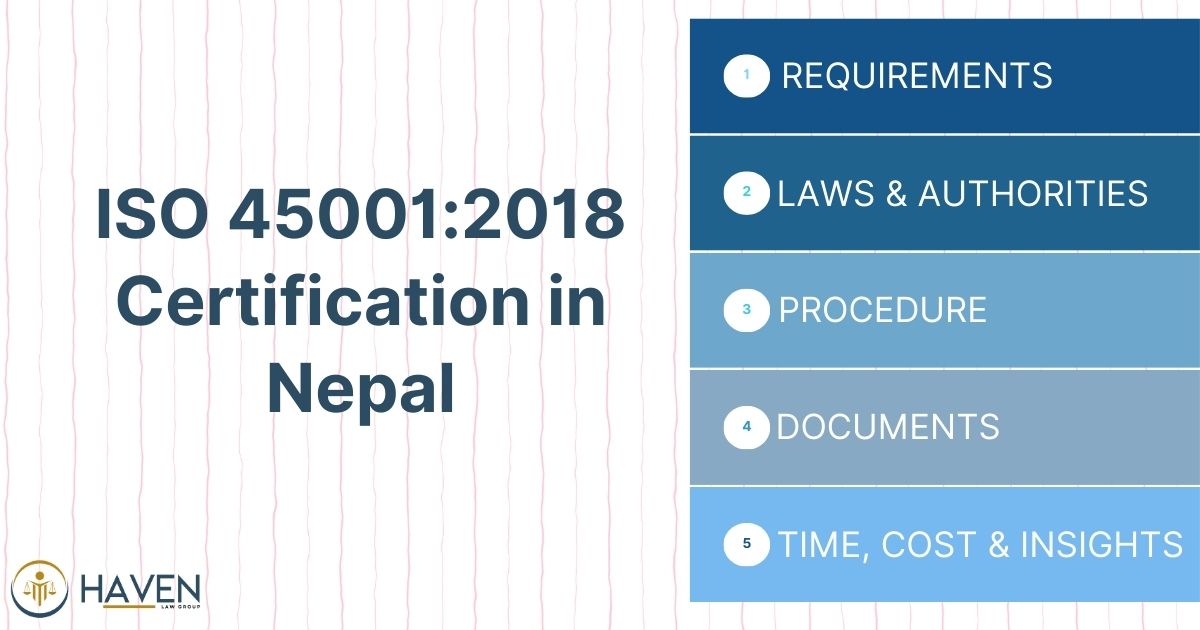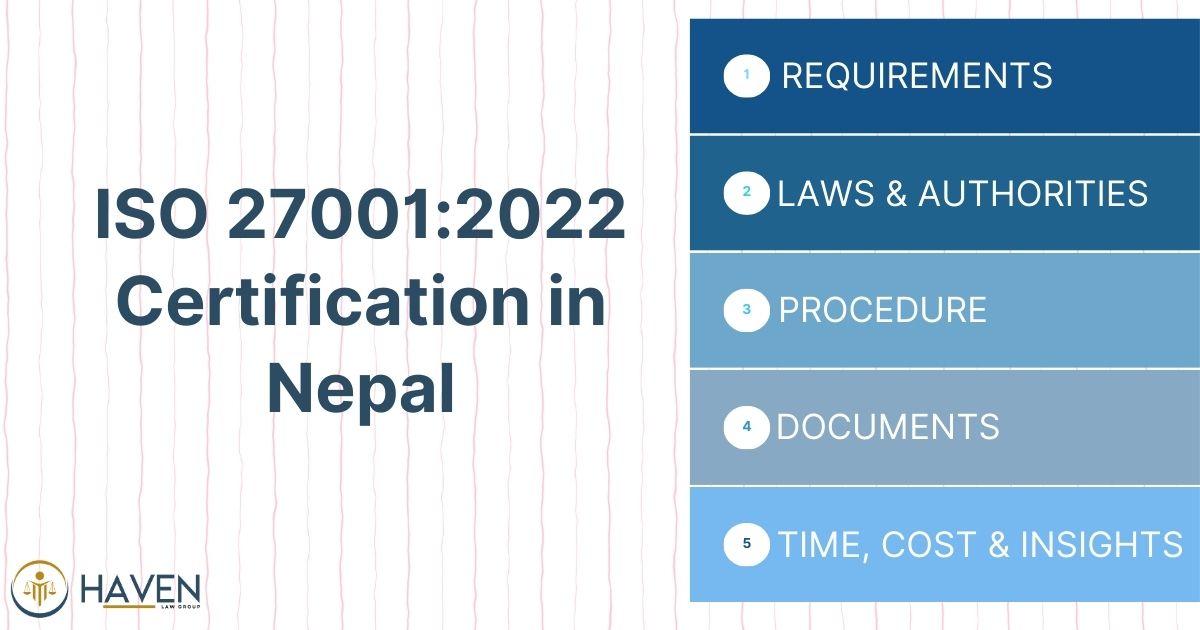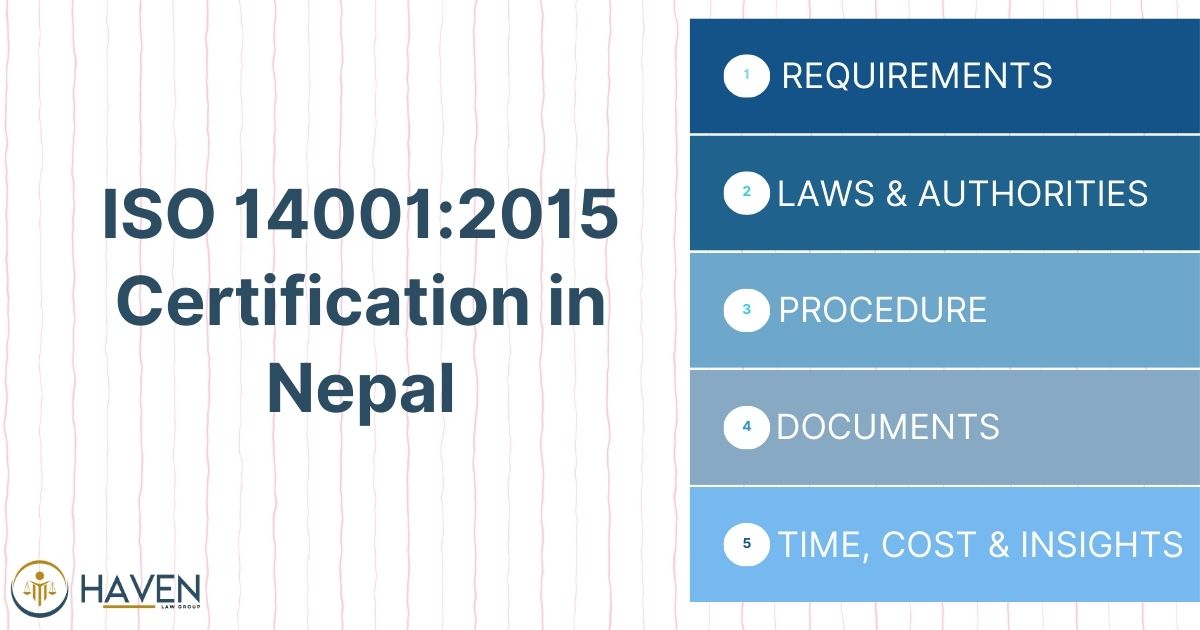What Does It Mean to Be a Non-Resident Nepali?
Non-Resident Nepali (NRN) status, including NRN Rights and Benefits, represents a significant connection between Nepal and its diaspora spread across the globe. The concept emerged as Nepal recognized the potential contributions its citizens living abroad could make to the homeland’s development and prosperity.
A Non-Resident Nepali is officially defined as a person of Nepali origin who has lived outside Nepal for at least 182 days (six months) within a fiscal year and holds foreign citizenship or a residence permit in a foreign country. This definition encompasses both Nepali citizens living abroad and foreign citizens of Nepali origin—people who themselves, their parents, or grandparents were once Nepali citizens.
The Non-Resident Nepali Association (NRNA), established in 2003, serves as the official organization representing this global community, advocating for their rights and facilitating their contributions to Nepal’s socio-economic development.
How to Obtain NRN Status: A Step-by-Step Process
Securing your NRN status involves a straightforward but specific process:
- Determine your eligibility: Confirm you meet the criteria of living abroad for at least 182 days in a fiscal year and either hold Nepali citizenship or foreign citizenship with Nepali origin.
- Gather required documents: Prepare your valid passport, proof of residence abroad (residence permit or foreign citizenship certificate), passport-sized photographs, and evidence of Nepali origin if you’re a foreign citizen.
- Complete the application form: Fill out the NRN card application form available at Nepali embassies, consulates, or the Department of Immigration’s website.
- Submit your application: Present your completed form and supporting documents to your nearest Nepali diplomatic mission abroad or directly to the Department of Immigration in Kathmandu.
- Pay the application fee: The standard fee is approximately USD 50 (subject to change), payable at the time of submission.
- Verification process: Officials will verify your documents and eligibility criteria, which may take several weeks.
- Receive your NRN card: Once approved, you’ll receive an official NRN identification card that serves as proof of your status.
The entire process typically takes 4-8 weeks, depending on the verification process and the specific diplomatic mission handling your application.
Key Benefits That Make NRN Status Valuable
NRN status opens doors to numerous benefits designed to maintain connections between Nepal and its diaspora while encouraging investment and skills transfer, including various NRN Rights and Benefits:
Understanding NRN Rights and Benefits is crucial for leveraging the advantages of NRN status effectively.
Economic Benefits
- Investment opportunities with preferential treatment in various sectors
- Property ownership rights similar to resident Nepalis
- Banking privileges including foreign currency accounts
- Tax incentives on certain investments and repatriation of profits
Practical Benefits
- Extended visa-free stay in Nepal (up to one year at a time)
- Streamlined business registration processes
- Access to Nepali financial markets and stock exchange
- Simplified customs procedures for personal belongings
Social Benefits
- Recognition as part of the Nepali community despite foreign residence
- Opportunities to contribute to Nepal’s development
- Participation in NRN global networks and conferences
- Cultural connection maintenance with the homeland
These benefits represent Nepal’s commitment to engaging its global diaspora in national development while acknowledging their unique status and potential contributions.
Political Participation: Can NRNs Vote in Nepali Elections?
Currently, NRNs who hold foreign citizenship cannot vote in Nepali elections. The Nepali constitution restricts voting rights to Nepali citizens residing within the country. This represents one of the significant limitations of NRN status compared to full citizenship.
However, NRNs who have maintained their Nepali citizenship while living abroad can still exercise their voting rights, provided they return to Nepal during elections, as there is no provision for absentee or postal voting for citizens living overseas.
The NRNA has been advocating for extending voting rights to the global Nepali diaspora, arguing that many countries now allow their non-resident citizens to vote from abroad. This remains an ongoing discussion in Nepali political circles, with some progress being made toward potential future reforms.
Property Rights: What NRNs Can and Cannot Own in Nepal
Property ownership represents one of the most significant benefits of NRN status. Unlike most foreigners, NRNs enjoy expanded property rights in Nepal:
What NRNs Can Own:
- Residential property up to specific size limits
- Land for business purposes related to approved investment projects
- Commercial real estate for enterprise development
- Agricultural land with specific permissions
Ownership Limitations:
- Property in certain strategic or border areas may be restricted
- Maximum land holdings are typically capped
- Some heritage or protected zones may have additional restrictions
To purchase property, NRNs must follow a specific procedure:
- Obtain an NRN card
- Secure approval from the Department of Land Reform
- Complete the standard property registration process
- Pay applicable taxes (which may differ from resident rates)
This property ownership right represents a significant advantage over other foreign nationals, who face much stricter limitations on real estate ownership in Nepal.
Investment Opportunities Available Exclusively to NRNs
Nepal offers NRNs preferential investment opportunities designed to channel diaspora resources into the country’s development:
Priority Sectors for NRN Investment
- Tourism and hospitality development
- Hydropower and renewable energy projects
- Information technology and digital services
- Agriculture and food processing ventures
- Manufacturing and export-oriented industries
- Healthcare and educational institutions
Investment Facilitation Measures
- One-window service through the Investment Board Nepal
- Expedited approvals for NRN-backed projects
- Repatriation guarantees for investment and profits
- Tax holidays ranging from 5-10 years for certain sectors
- Special Economic Zone privileges with additional incentives
The government has also established an NRN Investment Fund to mobilize diaspora capital for infrastructure development, offering both financial returns and development impact for investors.
Banking Privileges: How NRNs Can Manage Finances in Nepal
NRNs enjoy special banking privileges designed to facilitate financial connections with Nepal:
Account Types Available to NRNs
- Non-Resident Nepali Rupee (NRR) Accounts: Denominated in Nepali currency for local transactions
- Foreign Currency Accounts: Maintain deposits in USD, EUR, GBP, and other major currencies
- Fixed Deposit Accounts: Higher interest instruments with preferential rates for NRNs
Steps to Open an NRN Bank Account
- Choose a Nepali commercial bank offering NRN services
- Present your NRN card and passport
- Complete the bank’s application form
- Provide proof of foreign residence/citizenship
- Meet minimum deposit requirements (varies by bank)
These accounts allow NRNs to conveniently manage finances in Nepal, send remittances to family members, invest in local opportunities, and maintain financial ties with their homeland while residing abroad.
Tax Benefits and Obligations for Non-Resident Nepalis
NRNs enjoy certain tax advantages while also maintaining specific obligations:
Tax Benefits
- Income earned outside Nepal is not taxed in Nepal
- Preferential tax rates on certain investment returns
- Tax exemptions for technology transfer and skills development initiatives
- Reduced custom duties on personal items when relocating back to Nepal
Tax Obligations
- Income generated within Nepal is subject to Nepali tax laws
- Business profits from Nepal-based enterprises are taxable
- Property taxes apply to real estate holdings
- Capital gains tax applies to asset sales within Nepal
The Nepal government has created this balanced tax framework to encourage NRN investment while ensuring appropriate contributions to national revenue. NRNs should consult with tax professionals familiar with both Nepali tax law and their country of residence to optimize their tax strategy.
Visa Privileges: Extended Stay Options for NRNs
One of the most practical benefits of NRN status is enhanced visa privileges:
NRN Visa Benefits
- Extended stay duration of up to one year at a time
- Multiple-entry privileges throughout the visa validity
- Simplified renewal process with minimal documentation
- No employment restrictions when pursuing approved business activities
- Family inclusion for spouse and dependent children
NRN Visa Application Process
- Present your NRN card and passport at immigration
- Complete the visa application form
- Pay the applicable visa fee (typically at preferential rates)
- Receive a visa with longer validity than standard tourist visas
These visa privileges allow NRNs to maintain extended connections with Nepal without the administrative burden of frequent visa renewals that other foreign nationals face.
Employment Rights: Working Opportunities for NRNs in Nepal
NRNs have significant employment privileges in Nepal, though some restrictions apply:
Employment Rights
- Right to work in self-owned businesses without additional permits
- Ability to serve as executives in companies with NRN investment
- Consultant positions in development projects
- Knowledge transfer roles in educational and technical sectors
Employment Limitations
- Government service positions are typically restricted
- Certain protected professional categories may require special permissions
- Political appointments may be unavailable to those holding foreign citizenship
For NRNs looking to work in Nepal, the process involves:
- Ensuring your employment aligns with permitted categories
- Registering with the Department of Labor if employed by a third party
- Maintaining appropriate tax compliance for Nepal-sourced income
These employment rights enable NRNs to contribute their skills and experience to Nepal’s development while maintaining their global connections.
Essential Documentation: Requirements for NRN Registration
Proper documentation is crucial for successful NRN registration. Ensure you have these essential documents prepared:
Required Documents
- Valid passport showing your current citizenship/residence status
- Evidence of Nepali origin, which may include:
- Your former Nepali passport or citizenship certificate
- Parent’s or grandparent’s Nepali citizenship documents
- Birth certificate showing Nepali birth
- Proof of residence abroad (residence permit, foreign citizenship certificate)
- Passport-sized photographs (typically 4-6 recent photos)
- Completed application form with all fields accurately filled
Additional Documentation Sometimes Required
- Marriage certificate (if applying for spouse)
- Birth certificates (for dependent children)
- Professional credentials (for certain investment categories)
- Police clearance certificate from country of residence
Having these documents properly prepared before beginning the application process will significantly streamline your NRN registration experience.
Maintaining NRN Status: Renewal Requirements and Processes
NRN status requires periodic renewal to maintain its validity:
Renewal Timeline
- NRN cards typically have a 10-year validity period
- Renewal applications should be submitted 1-3 months before expiration
Renewal Process Steps
- Complete the renewal application form
- Submit updated passport and residence documents
- Provide recent photographs
- Pay the renewal fee (typically less than the initial application)
- Submit at Nepali diplomatic missions or the Department of Immigration
Maintaining Eligibility
To remain eligible for renewal, NRNs must:
- Continue residing abroad for at least 182 days annually
- Maintain compliance with Nepali laws during visits
- Report significant changes in citizenship or residence status
Keeping your NRN status current ensures uninterrupted access to the benefits and privileges it provides.
Family Benefits: How NRNs Can Support Relatives in Nepal
NRN status extends certain benefits to family members, facilitating stronger family connections:
Family Sponsorship Benefits
- Visa sponsorship for foreign spouses and dependent children
- Educational access for children in Nepali institutions
- Property co-ownership rights for immediate family
- Simplified inheritance procedures for Nepali assets
Family Member Inclusion Process
- Register immediate family members when applying for NRN status
- Provide marriage and birth certificates as appropriate
- Update family information during renewal periods
- Notify authorities of significant family status changes
These family provisions recognize the importance of maintaining family connections despite geographical separation and provide practical means for NRNs to support their relatives in Nepal.
Educational Opportunities for NRNs and Their Children
Education represents a significant benefit area for NRNs and their families:
Educational Benefits
- Reserved quotas in certain public universities for NRN children
- Local tuition rates rather than international student fees
- Recognition of foreign qualifications for further study
- Scholarship programs specifically targeting NRN students
Educational Partnership Opportunities
- Establishing educational institutions in Nepal
- Research collaborations between foreign and Nepali institutions
- Knowledge transfer programs in specialized fields
- Educational philanthropy with tax benefits
These educational provisions help maintain cultural and intellectual connections between Nepal and its global diaspora while addressing both individual educational needs and national development priorities.
Healthcare Access for NRNs Visiting or Returning to Nepal
Healthcare access represents an important practical consideration for NRNs:
Healthcare Provisions
- Access to the public healthcare system during stays in Nepal
- Eligibility for national health insurance programs with appropriate enrollment
- Opportunities to establish healthcare services as investment projects
- Medical evacuation provisions for emergency situations
Healthcare Considerations
NRNs should be aware that:
- Private health insurance is recommended for comprehensive coverage
- Healthcare quality varies significantly between urban and rural areas
- Specialized treatments may require travel to major cities
- Reciprocal healthcare agreements may exist with certain countries
For NRNs planning extended stays or retirement in Nepal, investigating healthcare options in advance is essential for ensuring appropriate medical support.
Social Security Access: Pension and Benefit Eligibility for NRNs
Social security participation represents an evolving area of NRN benefits:
Current Social Security Provisions
- Voluntary contribution options to the national pension fund
- Retirement account portability for returning NRNs
- Bilateral social security agreements with select countries
- Senior citizen benefits for returning retirees
Limitations and Considerations
- Full social security benefits typically require substantial contribution periods
- Benefits vary significantly based on contribution history
- Some programs may require permanent residence for full eligibility
- International benefit coordination remains complex
NRNs planning for retirement should consult with financial advisors familiar with both Nepali social security programs and those of their country of residence to develop comprehensive retirement strategies.
Business Development: Entrepreneurial Opportunities for NRNs
Nepal offers NRNs exceptional opportunities for business development:
Business Advantages for NRNs
- Streamlined registration processes with dedicated support services
- Higher foreign investment caps than non-NRN foreigners
- Access to special financing instruments through partner banks
- Networking with the global NRN business community
- Preferential access to certain government contracts
Top Business Sectors for NRN Entrepreneurs
- Tourism and hospitality development
- Information technology and business process outsourcing
- Renewable energy production and distribution
- Agricultural modernization and food processing
- Manufacturing for domestic and export markets
These business-friendly policies aim to harness the entrepreneurial skills, capital, and global networks of the Nepali diaspora for national economic development.
Contributing to Nepal’s Development as an NRN
Beyond personal benefits, NRN status creates meaningful pathways for contributing to Nepal’s development:
Development Contribution Mechanisms
- Knowledge and skill transfer in specialized fields
- Impact investment in development priority sectors
- Philanthropic initiatives for education, health, and disaster recovery
- Cultural exchange programs preserving Nepali heritage
- Advocacy for Nepal’s interests in international forums
Formalized Contribution Channels
- The NRNA Development Fund
- Public-private partnership projects with government agencies
- Community development initiatives in partnership with local NGOs
- Professional volunteer programs in specialized sectors
These contribution pathways allow NRNs to maintain meaningful connections with their homeland while leveraging their global experiences and resources for positive impact.
Legal Protections: Rights and Safeguards for NRNs in Nepal
NRNs benefit from specific legal protections designed to safeguard their interests:
Key Legal Protections
- Investment security guarantees against expropriation
- Dispute resolution mechanisms with international standards
- Intellectual property protection for knowledge transfer
- Foreign currency repatriation rights for investments and profits
- Legal standing in Nepali courts for business matters
Legal Assistance Resources
- The NRN Legal Advisory Committee
- Investment Board Nepal’s legal support services
- International arbitration provisions in major contracts
- Specialized law firms with NRN expertise
These legal protections provide essential security for NRNs engaging with Nepal economically and personally, creating a more predictable environment for their involvement in the country.
The Relationship Between NRN Status and Nepali Citizenship
Understanding the relationship between NRN status and citizenship is crucial:
Key Distinctions
- NRN status is not equivalent to Nepali citizenship
- NRN status provides specific benefits but not full citizenship rights
- Foreign citizens of Nepali origin remain foreign nationals despite NRN status
Citizenship Considerations
- Nepal does not recognize dual citizenship (with limited exceptions)
- Those who have renounced Nepali citizenship cannot regain it simply through NRN status
- Children of NRNs born abroad may have different citizenship paths available
For many in the Nepali diaspora, NRN status represents a practical compromise that maintains connections with Nepal while acknowledging their new citizenship realities abroad.
Legal Framework Governing NRN Investments in Nepal
NRN investments operate within a specific legal framework designed to facilitate diaspora contributions:
Key Legal Instruments
- The Non-Resident Nepali Act establishing core NRN rights
- Foreign Investment and Technology Transfer Act governing investment procedures
- Industrial Enterprise Act defining operational parameters
- Special Economic Zone Act providing additional incentives
- Tax laws with specific NRN provisions
Legal Compliance Requirements
- Registration with appropriate governmental bodies
- Compliance with capital repatriation regulations
- Adherence to sector-specific licensing requirements
- Fulfillment of tax and reporting obligations
This legal framework creates a structured environment for NRN investments while providing greater flexibility than available to other foreign investors, recognizing the unique position of the Nepali diaspora.
Conclusion
Non-Resident Nepali status offers a meaningful bridge between Nepal and its global diaspora. By understanding your rights and benefits as an NRN, you can make informed decisions about investing, visiting, or eventually returning to Nepal.
Whether your interest lies in business development, cultural connection, family support, or contributing to national development, the NRN framework provides valuable pathways for engagement. The status represents Nepal’s recognition of its diaspora’s potential contributions and desire to maintain connections with citizens and former citizens around the world.
What are the rights of NRN in Nepal?
Non-Resident Nepalis (NRNs) have several key rights in Nepal, including:
1. Ability to invest in all sectors open to foreign investment
2. Property ownership rights (land and buildings)
3. Opening bank accounts in Nepali or foreign currency
4. Visa-free entry and extended stay privileges
5. Business and company registration rights
6. Preferential treatment in certain investment sectors
7. Access to the NRN ID card with associated benefits
How long can an NRN citizen stay in Nepal?
NRN cardholders can stay in Nepal for extended periods without visa restrictions. While regular tourists get 150 days per calendar year, NRN card holders can stay indefinitely without visa requirements as long as their NRN card remains valid (typically 10 years with renewal options).
Can NRN get a home loan in Nepal?
Yes, NRNs can obtain home loans in Nepal. Many Nepali banks offer specialized home loan products for NRNs with competitive interest rates. Documents typically required include:
1. NRN card
2. Income verification
3. Property valuation documents
4. Credit history (if available)
5. Loan repayment plan
Can you have dual citizenship in the US and Nepal?
No, Nepal does not recognize dual citizenship. While the US allows dual citizenship, Nepali law requires citizens who obtain foreign citizenship to renounce their Nepali citizenship. However, the NRN card system provides many benefits to former Nepali citizens without full citizenship rights.
What are the rights of Non-Resident Nepalis (NRNs) in Nepal?
NRNs enjoy numerous rights including:
1. Economic rights (investment, business operation, banking)
2. Property rights (real estate ownership)
3. Extended visa-free stays
4. Participation in NRN Association activities
5. Repatriation of invested capital
6. Access to specialized banking services
7. Streamlined business registration processes
Can NRNs buy land and property in Nepal?
Yes, NRNs can buy land and property in Nepal. The Non-Resident Nepali Act specifically grants NRNs the right to purchase, own, sell, and transfer land and buildings in Nepal, similar to resident Nepali citizens (with some restrictions on agricultural land and properties in sensitive areas).
What are the investment benefits for NRNs in Nepal?
NRNs receive several investment benefits:
1. One-window service for investment approval
2. Tax incentives in priority sectors (energy, agriculture, tourism)
3. Ability to repatriate investment returns in foreign currency
4. Streamlined business registration process
5. Protection against nationalization
6. Equal treatment to domestic investors in many sectors
7. Preferential treatment in certain government tenders
How can NRNs apply for an NRN card in Nepal?
To apply for an NRN card:
1. Complete the application form from the Ministry of Foreign Affairs website
2. Submit proof of foreign citizenship or residency
3. Provide evidence of Nepali origin (birth certificate, citizenship of parents)
4. Include passport-sized photographs
5. Pay the application fee
6. Submit at a Nepali embassy/consulate abroad or the NRN Department in Kathmandu
7. Processing typically takes 2-4 weeks

